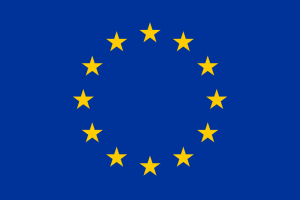BIOFRUITNET - Boosting Innovation in Organic Fruit production through strong knowledge Networks
The European Union is the world's leading organic fruit producing region and is experiencing rapid growth. Nevertheless, organic fruit imports to the EU are also increasing. This is partly due to the fact that some fruit cannot be grown in the EU or is seasonally unavailable, and partly because the demand cannot be met in the EU or the imported fruit is cheaper.
European organic fruit producers have to rise to this challenge in order to remain successful in an increasingly competitive market. What’s more, organic fruit growing is a very demanding farming activity. The main challenges in organic fruit growing are disease and pest pressure, fertilisation, lack of information about suitable varieties and a general lack of access to existing knowledge. As organic fruit growers cannot rely on artificial inputs, many of them have developed competitive strategies to improve plant health at a local level. There has also been some considerable research on improving organic fruit growing systems. The problem, however, is that this knowledge is not easily accessible to farmers all over Europe and remains either on a local level or exclusively available to those in the scientific sphere.
Over the decades, organic fruit growers have gained a great deal of experience, but this local knowledge is often only available on a very local level and certainly not accessible to all European producers. Furthermore, research findings are not widely disseminated in practice. The sector needs a strong organic fruit network that bridges this gap and makes local solutions available to other fruit producers. This is where BIOFRUITNET comes in:
Naturland initiated the project and brought together the consortiumof 16 NGOs, research institutes and universities from 13 EU countries, including: Instytut Ogrodnictwa (IO), Poland; Groupe de recherche en agriculture biologique (GRAB), France; Centro di Sperimentazione Agrarira e Forestale Laimburg, Italy; IFOAM EU, Belgium; Asocación Valor Ecológico CAAE (ECOVALIA), Spain; Fördergemeinschaft ökologischer Obstbau e.V. (FÖKO), Germany.
Naturland is responsible for managing the project.

This project has received funding from the European Union research and innovation programme “horizon 2020” under grant agreement No 862850. This document reflects the views of the author and does not necessarily reflect the views or policy of the European Commission. Whilst efforts have been made to ensure the accuracy and completeness of this document, the European Commission shall not be liable for any errors or omissions, however caused.